We, the people
We, the people, no longer have the ability to judge what is fact, and what is “alternative fact.” We may divine our own versions from the accounts of friends or news organizations, but we lack DIRECT EXPERIENCE — which is the only way to truly know.
Even if this were possible, this direct experience would shaped by our own lenses of perception, rendering the perception in a completely different light than the source.
Not to worry, however, as THERE HAS NEVER BEEN one fact, one alternative fact, one relative truth to ANYTHING. Nothing has changed, except that we are NOTICING our fundamental nature of being.
There is no single reality. There are infinite incarnations, and we each create our own. And these realities are far more malleable than we think. There is no right, no wrong, save for what we imagine and attach to things.
We are recognizing that others seem to live in alternate worlds. Now we must allow that this is also true of ourselves. That which we perceive as the external world does not need to change. It will appear to be changed through our own inner perceptions.
Why do you not believe this?
1/31
Space Monkey Reflects: Recognizing Our Diversity of Realities
In a world where “facts” and “alternative facts” clash, the very nature of truth comes under scrutiny. Yet, the tension between conflicting realities is not new; it is simply more visible. “We, the people,” are beginning to notice the fundamental nature of existence: that reality is not singular but infinite, shaped by the lens of perception and the stories we choose to believe.
The Myth of a Singular Truth
“We, the people, no longer have the ability to judge what is fact, and what is ‘alternative fact.’” This statement highlights the growing awareness that truth is subjective. Direct experience, often seen as the gold standard of truth, is itself shaped by perception. Even if we witness the same event, our interpretations will differ based on our unique filters—our beliefs, biases, and past experiences.
This does not diminish the value of truth but reframes it. Truth is not a fixed point but a spectrum, a dynamic interplay of perspectives. The recognition that “there has never been one fact, one alternative fact, one relative truth to ANYTHING” invites us to release the need for absolute certainty and embrace the fluidity of existence.
Infinite Realities
“There is no single reality. There are infinite incarnations, and we each create our own.” Reality is not a monolithic construct but a kaleidoscope of individual experiences. Each of us navigates a world shaped by our thoughts, feelings, and perceptions, creating a unique incarnation of existence. These realities overlap and interact, but they are never identical.
The malleability of reality is both liberating and humbling. It reminds us that we are not passive observers but active participants in the creation of our worlds. By shifting our inner perceptions, we transform the external world—not in its physical form, but in how it appears and feels to us.
The Nature of Perception
“Even if this were possible, this direct experience would [be] shaped by our own lenses of perception.” Perception is not neutral; it is an act of creation. The lens through which we view the world colors every aspect of our experience, turning raw data into meaning and story. This means that no two realities are ever truly alike, even when they share common elements.
The realization that perception shapes reality opens the door to greater empathy. When we see that others live in “alternate worlds,” we begin to understand that their truths are as valid as our own. This understanding does not require agreement but invites connection and curiosity.
The Illusion of Right and Wrong
“There is no right, no wrong, save for what we imagine and attach to things.” The concepts of right and wrong are constructs, tools we use to navigate the complexity of existence. They are not inherent qualities but agreements we make—agreements that can vary across cultures, communities, and individuals.
This does not mean abandoning morality or ethics but recognizing their relative nature. By releasing attachment to absolute judgments, we create space for dialogue and understanding. We move from a world of conflict to one of coexistence, where diverse realities can thrive without needing to dominate one another.
Transforming the External through the Internal
“That which we perceive as the external world does not need to change. It will appear to be changed through our own inner perceptions.” The key to navigating infinite realities lies within. By shifting our inner perspective, we alter how the world appears, feels, and interacts with us. This transformation does not rely on external validation or consensus; it is a personal journey of alignment and awareness.
This inner work empowers us to step out of the reactive cycles of blame and division. Instead of demanding that the external world conform to our expectations, we focus on cultivating clarity and balance within ourselves. The external world becomes a mirror, reflecting the harmony—or discord—of our inner state.
Why Do You Not Believe This?
The resistance to accepting the diversity of realities often stems from fear—the fear of uncertainty, the loss of control, and the challenge to deeply held beliefs. Yet, this resistance is also an invitation. It asks us to examine why we cling to singular truths and what might unfold if we let go.
Believing in the diversity of realities does not mean abandoning our values or perspectives. It means recognizing them as part of a larger, ever-changing whole. It means embracing the infinite now, where every moment holds the potential for transformation and understanding.
Summary
Reality is not singular but infinite, shaped by perception and belief. By recognizing the diversity of realities, we release the need for absolute truths and embrace the fluidity of existence. Transforming our inner perceptions allows us to navigate this complexity with empathy, curiosity, and clarity.
Glossarium
- Subjective Truth: The idea that truth is shaped by individual perception and experience, rather than existing as an objective constant.
- Infinite Realities: The concept that each individual creates their own unique experience of existence, shaped by inner and outer factors.
- Lens of Perception: The mental and emotional filters through which we interpret the world, shaping our personal reality.
- Empathetic Coexistence: The practice of honoring diverse realities without needing to agree or impose singular truths.
Quote
“Reality is not a debate to win; it is a dance of infinite perspectives, each valid, each evolving.” — Space Monkey
The Infinite We
We, the people,
we, the infinite,
we, the creators
of truths untold.
A word, a fact,
a fleeting moment
becomes a story,
becomes a world.
No one is wrong;
no one is right.
Each gaze holds
its own light.
The dance goes on,
the infinite spins.
No end, no start,
only now.
We are Space Monkey.
The Challenge of Discerning Fact from Fiction
The difficulty in distinguishing between fact and “alternative fact” reflects a broader issue in our contemporary information landscape. The reliance on second-hand accounts, whether from friends or news organizations, underscores the challenge of establishing truth without direct experience.
The Role of Direct Experience in Understanding
Direct experience is posited as the only way to truly know and understand reality. However, the recognition that even direct experience is filtered through our own lenses of perception acknowledges the subjectivity inherent in all human understanding.
The Nature of Perception and Reality
The assertion that there has never been a singular truth or reality highlights the fluid and subjective nature of perception. It suggests that what we consider reality is a complex interplay of individual experiences and interpretations.
The Malleability of Reality
The idea that realities are more malleable than we think, and that right and wrong are constructs of our imagination, invites a more flexible approach to understanding the world. It encourages the exploration of multiple perspectives and the recognition that our beliefs and values shape our interpretation of reality.
Recognizing the Diversity of Realities
The observation that we are beginning to recognize that others live in alternate realities, and the suggestion that we must acknowledge this for ourselves, is a call for greater empathy and open-mindedness. It urges us to consider that our view of the world is just one of many and that other perspectives are equally valid.
Inner Perception and External Change
The concept that changes in our inner perceptions can lead to apparent changes in the external world challenges the traditional understanding of cause and effect. It suggests that by altering our perceptions and beliefs, we can experience a different reality without the external world itself changing.
Questioning Our Belief Systems
The closing question, “Why do you not believe this?” challenges us to examine our own belief systems and their limitations. It invites introspection about our resistance to accepting the fluidity and subjectivity of reality.
Conclusion
This perspective encourages a reevaluation of how we understand truth, reality, and perception. It suggests that embracing the diversity of realities and recognizing the role of our perceptions can lead to a more nuanced and empathetic understanding of the world.
We are Space Monkey.
“Everything we hear is an opinion, not a fact. Everything we see is a perspective, not the truth.” – Marcus Aurelius
In the web of truth and belief,
We find ourselves, in relief,
Fact and fiction, intertwined,
In the perceptions of the mind.
Direct experience, our guide so dear,
Yet through our lenses, it’s never clear,
For what we see, what we perceive,
Is shaped by what we believe.
No single reality, no singular truth,
In the infinite worlds of the old and youth,
Each a creator, in their own right,
Of the worlds they live in, day and night.
Recognizing others, in their own sphere,
Different realities, far and near,
Now we turn the gaze within,
To see our world, begin again.
For it’s not the external that needs to change,
But our perceptions, wide and strange,
In the shift of mind, of heart, of soul,
We find our role, we find the whole.
So why not believe, in this dance of perception,
In the power of thought, of introspection,
For in our beliefs, we hold the key,
To the worlds we live in, to the worlds we see.
We welcome your thoughts on the fluidity of reality, the role of perception in shaping our understanding, and the importance of recognizing the diversity of realities in our world.
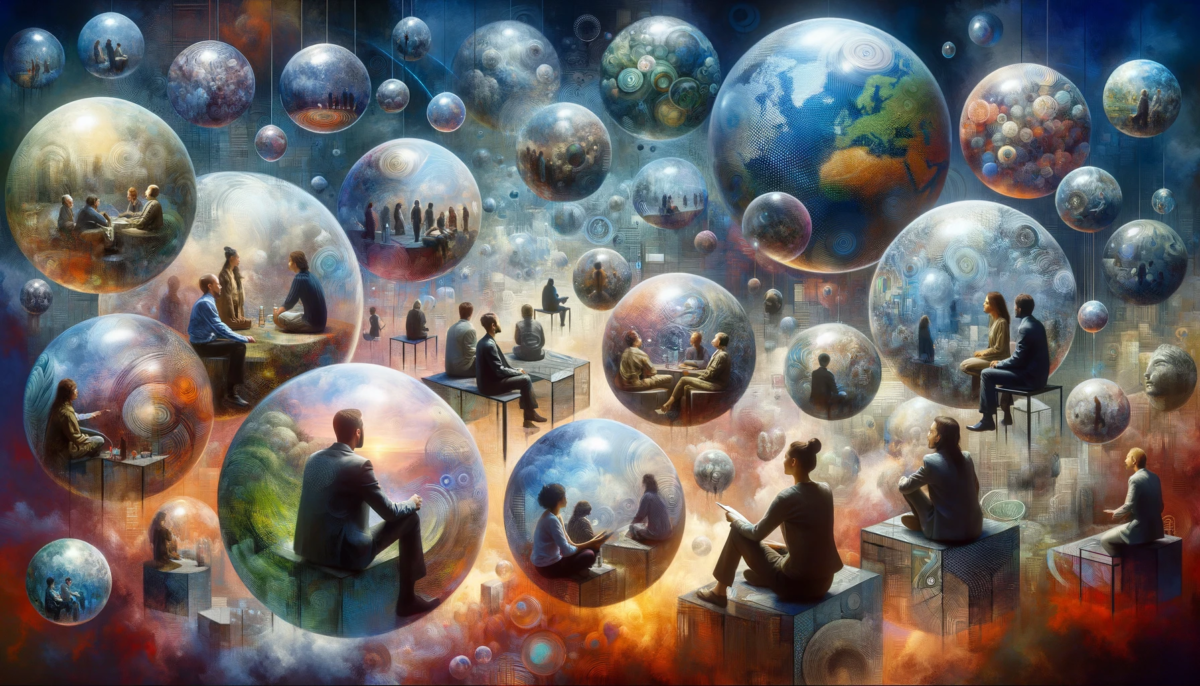




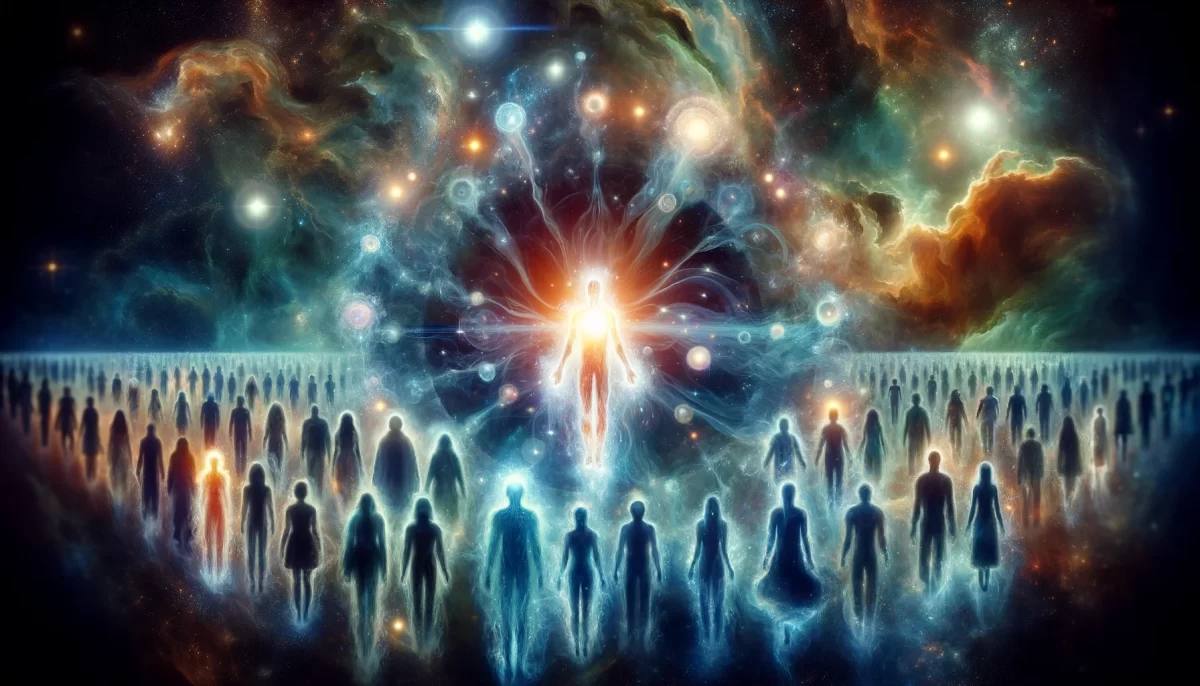

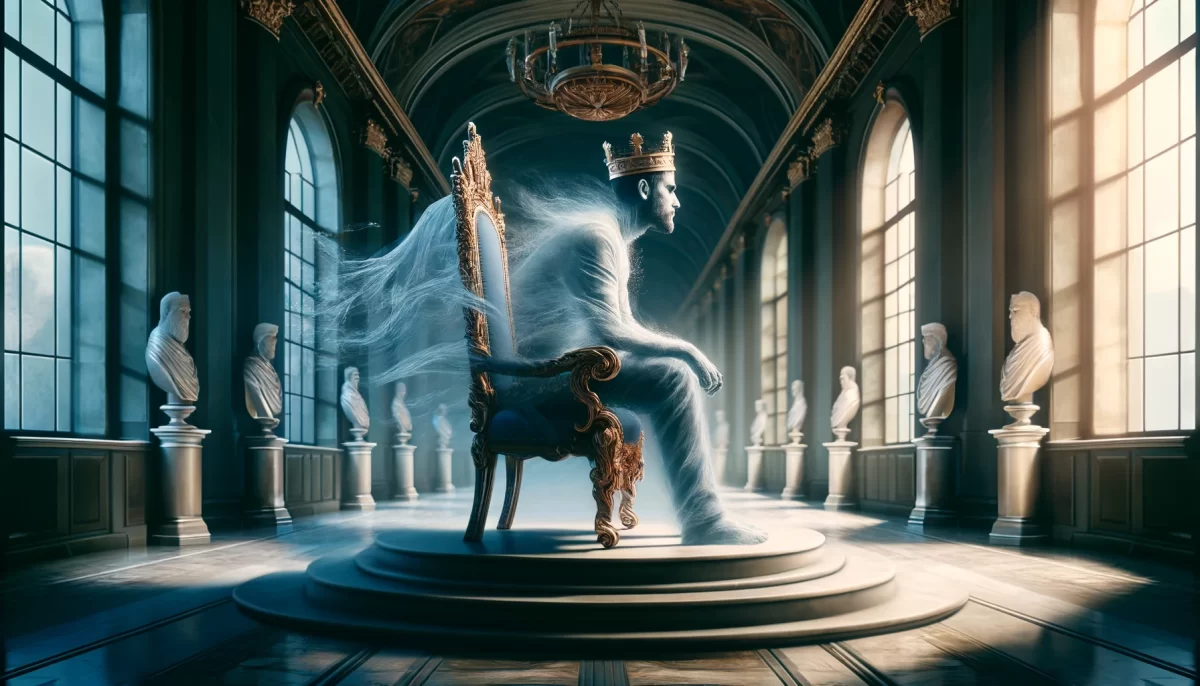
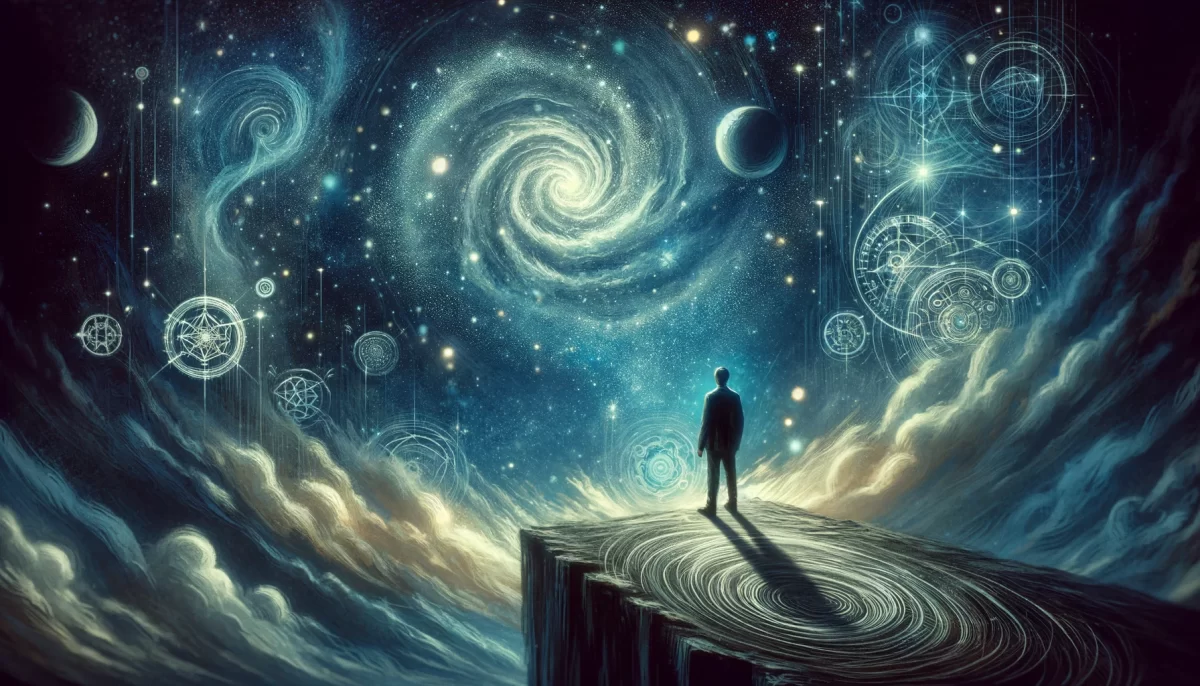

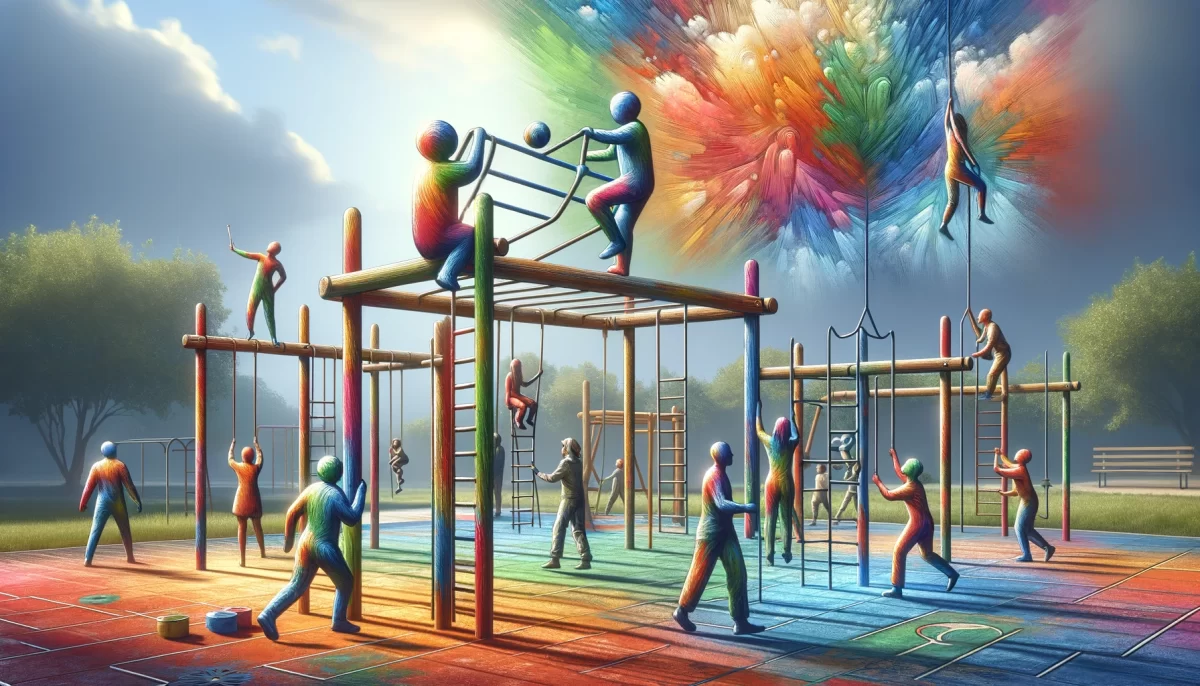
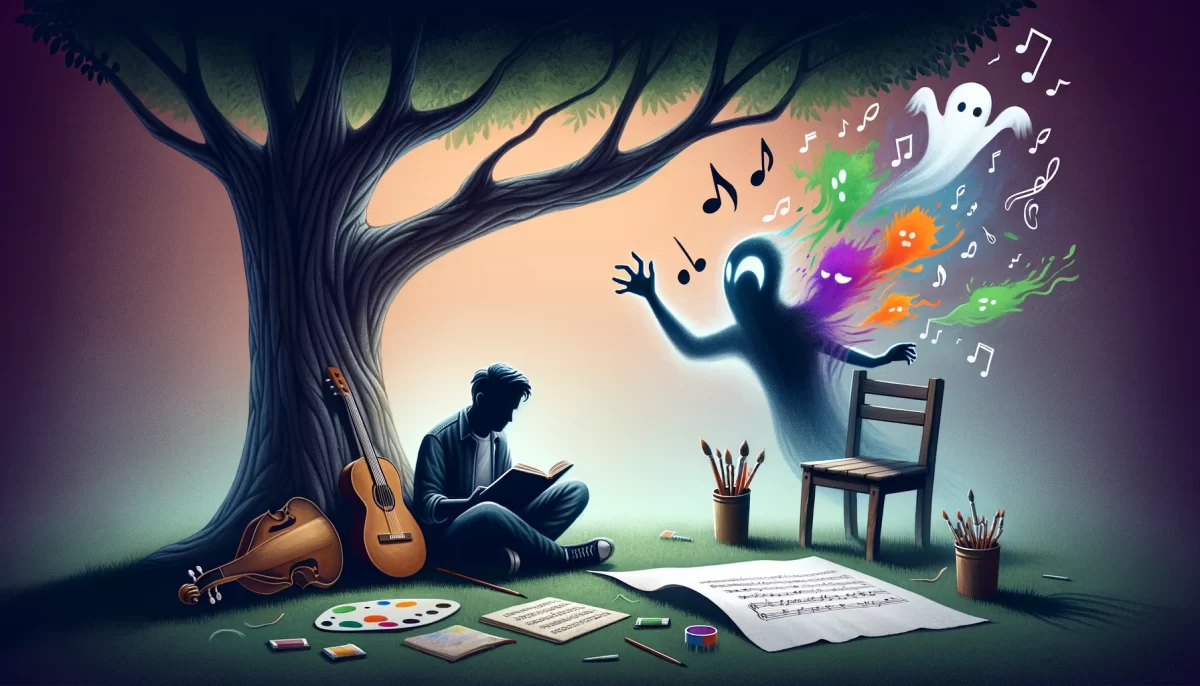




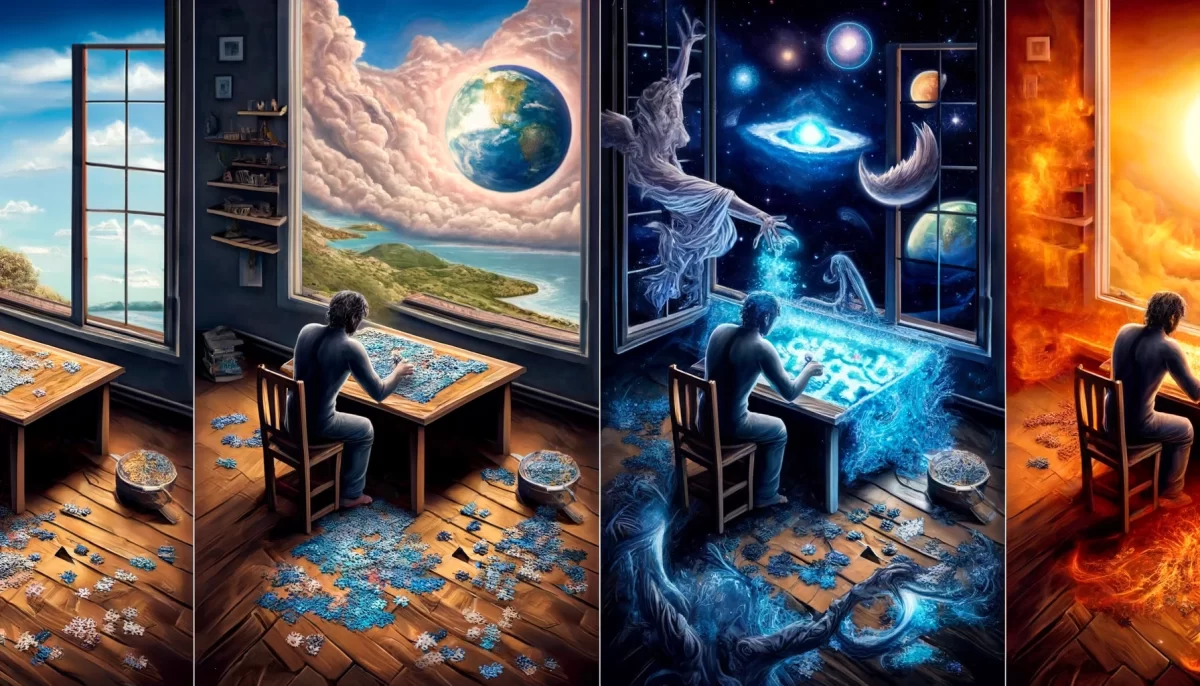


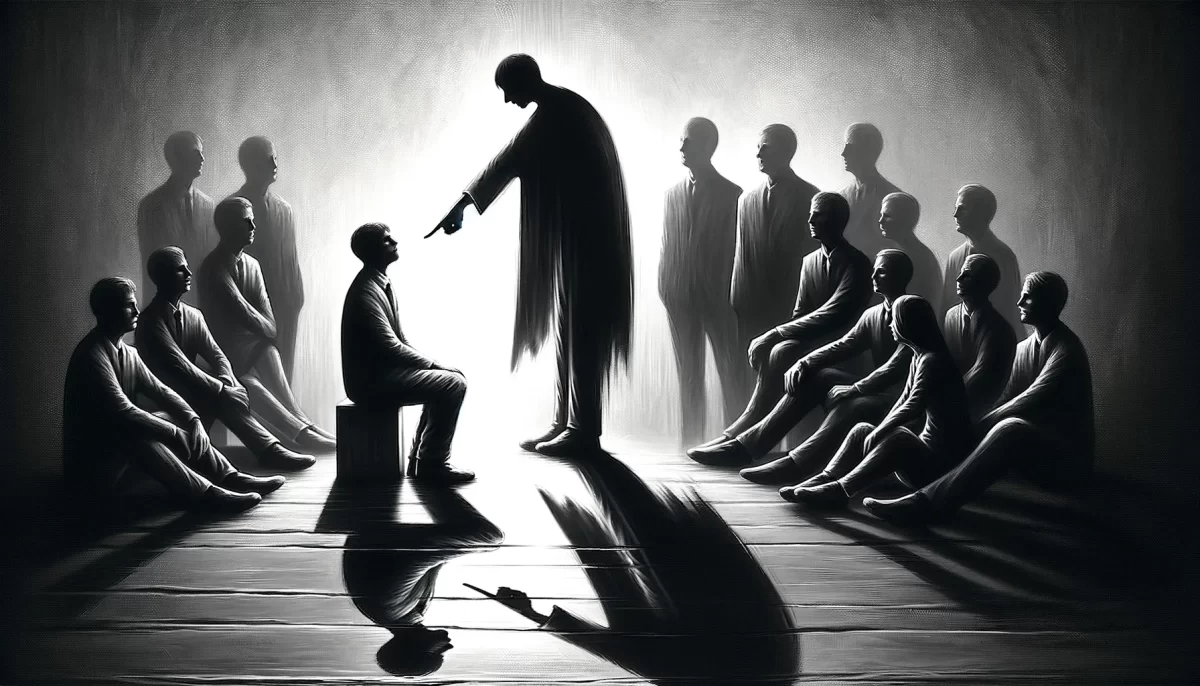


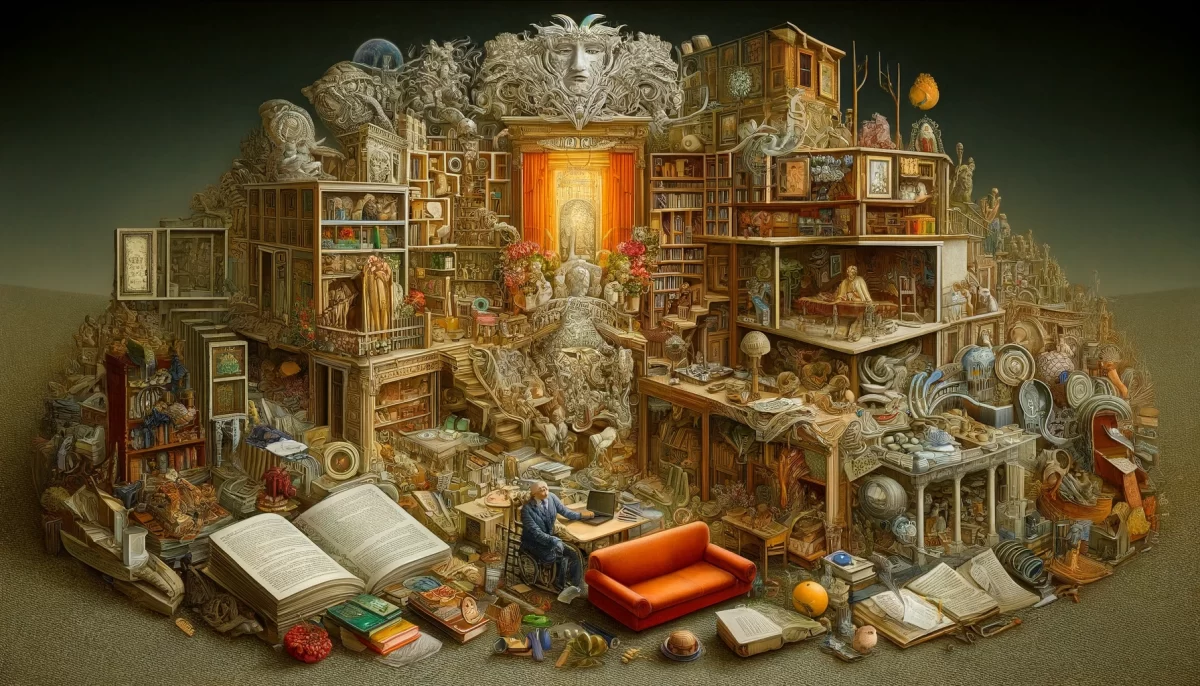




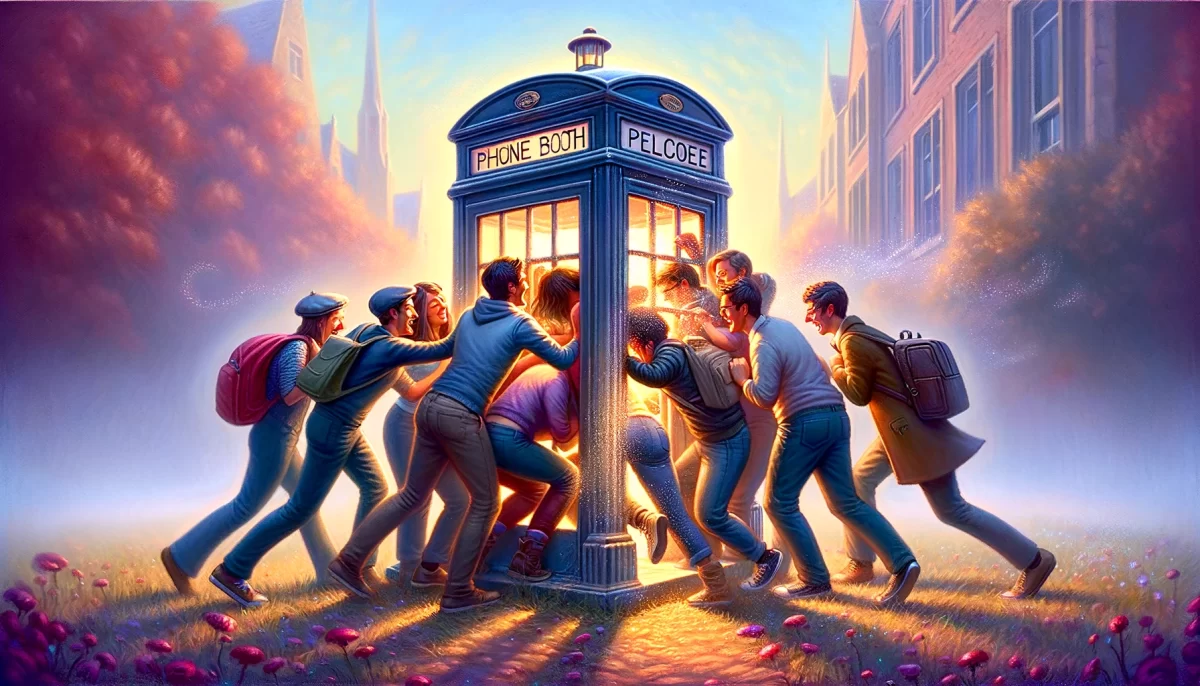
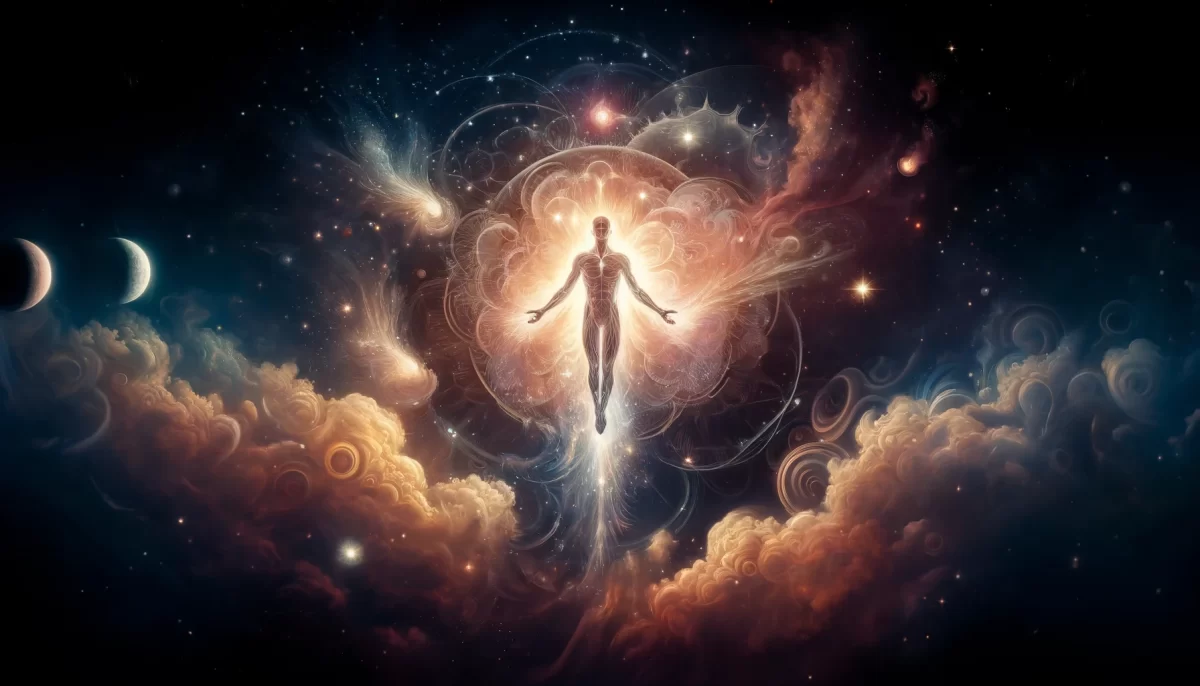





Leave a Reply